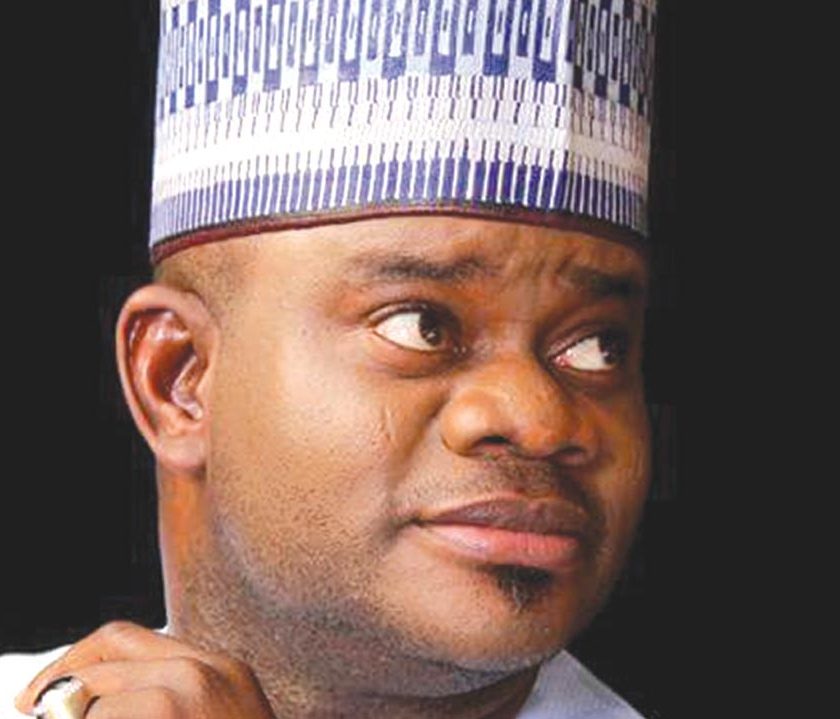
The Speaker of the House of Representatives Rep. Femi Gbajabiamila has said that the support of the private sector is most critical for the success of policies and programmes of the Federal Government for the economic development of the country.
Gbajabiamila said the seeming opposition by the private sector to some policies of government has been a stumbling block in the successful implementation of some of the policies and programmes of government.
Speaking as a Guest Speaker at the Jackson, Etti & Edu (JEE) Dialogue on ‘Maximising Business Opportunities and Positioning for Growth’ in Lagos on Thursday, however, Gbajabiamila stressed the need for a paradigm shift in the relationship for the private sector to collaborate with the government as part of efforts to boost Nigeria’s economy.
He said: “Our society depends on the private industry to spur innovation and drive economic growth. We rely on the private sector to create wealth and provide jobs through investments in existing industries and the development of new businesses.
“Our role in government is to support you through the process of achieving these objectives.
“The relationship between government and the private sector must, therefore, be one of active partnership, driven by the recognition of our shared objectives and the complementary roles we each must play in the furtherance of those objectives.
“Unfortunately, the relationship between the organised private sector and government, particularly the Legislature, has too often been defined by opposition and imposition where alliance and agreement would serve our interests better”.
He said the enormity of such negative posture on the economic growth of the country is not lost on the parliament.
“In the 9th House of Representatives, we have sought to redefine the terms of engagement with the private sector through the establishment of the Legislative Working Group on Enterprise and Innovation to serve as a platform for active partnership and collaboration with the organised private sector across industries and economic sectors.
“Through the working group, the Legislature and the organised private sector will jointly work to implement essential reforms and ensure that efforts to pass new legislation or implement fiscal and regulatory policy supports private commercial efforts, promotes innovation and spurs economic growth.
“Already we have set up a secretariat within the National Assembly to coordinate the working group’s activities and we will announce the membership of the Steering Committee and hold the first quarterly meeting before the end of the month.”
Gbajabiamila also highlighted other steps taken, aimed at repositioning the Nigerian economy by the 9th Assembly, which include the unprecedented early passage of the 2020 Appropriation Act.
“We have now also passed the Companies and Allied Matters Amendment (CAMA) Bill, which will shortly be sent to Mr President for assent into law. The existing law is an outdated piece of legislation, the continued operation of which limits the forward march of organised commerce and industry in Nigeria.”
He said the passage of the CAMA Bill has set the stage for the passage of other essential reform legislation, including the Petroleum Industry Governance Bill (PIGB), he said “is now well on its way.”
“Last week, the House sat in a special plenary session to consider the matter of Nigeria’s millions of out-of-school children and to advance lasting solutions. Following from that event there will be a Public Hearing and Townhall event where some of you in this room today, and others from all over the country will have an opportunity to contribute to the process of updating our Federal basic education policy to meet the demands of a new age”.
Gbajabiamila, therefore, asked for the support of the private sector so that all the efforts put in place would not go in vain.





